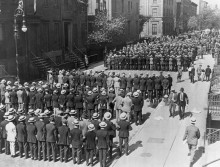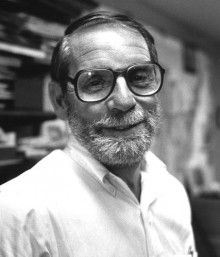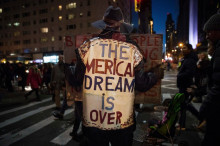Lost Wars

The terrorist attacks on September 11, 2001 profoundly change America’s national security equation – perhaps forever.
Those attacks spawned the wars in Afghanistan and Iraq, and these have all-but-consumed the U.S. military for more than a decade-and-a-half.
There have been several books – some good and some less so – that have tried to help us come to grips with not only why we embarked upon these wars, as well as why we can’t “win.”
Andrew Bacevich’s review of Daniel Bolger’s book, “Why We Lost,” offers some key insights. Here is how he begins:
The author of this book has a lot to answer for. “I am a United States Army general,” Daniel Bolger writes, “and I lost the Global War on Terrorism.” The fault is not his alone, of course. Bolger’s peers offered plenty of help. As he sees it, in both Afghanistan and Iraq, abysmal generalship pretty much doomed American efforts.
The judgment that those wars qualify as lost — loss defined as failing to achieve stated objectives — is surely correct. On that score, Bolger’s honesty is refreshing, even if his explanation for that failure falls short. In measured doses, self-flagellation cleanses and clarifies. But heaping all the blame on America’s generals lets too many others off the hook.
Why exactly did American military leaders get so much so wrong? Bolger floats several answers to that question but settles on this one: With American forces designed for short, decisive campaigns, the challenges posed by protracted irregular warfare caught senior officers completely by surprise.
Since there aren’t enough soldiers — having “outsourced defense to the willing,” the American people stay on the sidelines — the generals asked for more time and more money. This meant sending the same troops back again and again, perhaps a bit better equipped than the last time. With stubbornness supplanting purpose, the military persisted, “in the vain hope that something might somehow improve.
Want more? You can read the full article here










